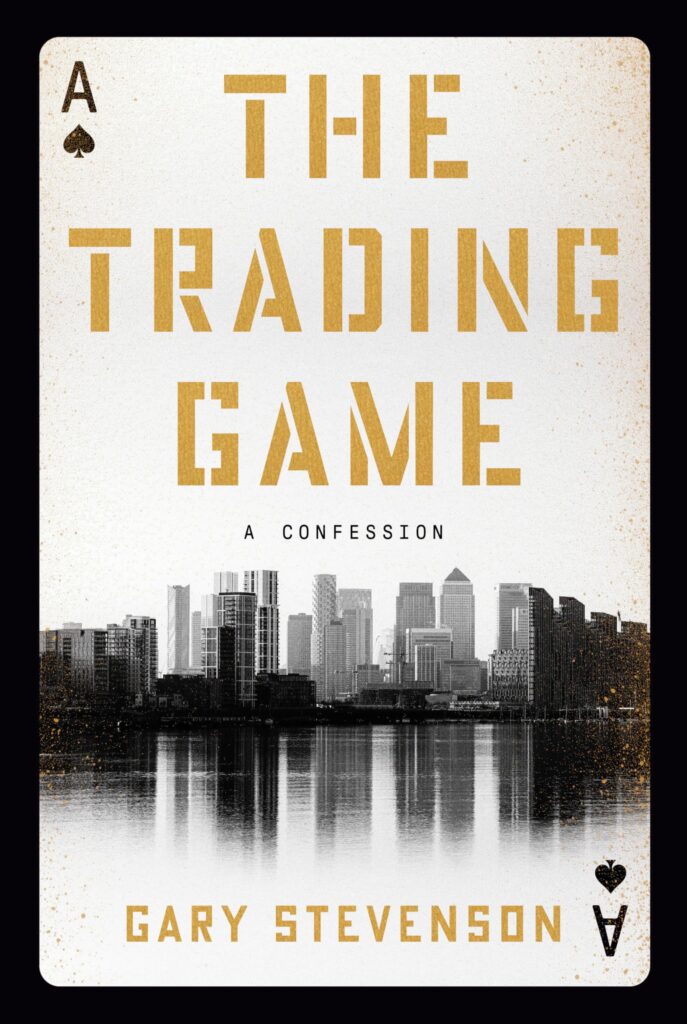I’m reluctant to write a whole lot about this, but I think it’s an important and revealing read. Bergman had incredible access to decision makers and the people close to them when he was researching this book, and it’s an incredible achievement. Apparently he conducted a thousand interviews in the process. Just an astonishing act of journalism.
It’s a lot of things — a history of Israel as a state and military force, a comprehensive assessment of the motivations of the parties involved (not just the Shin Bet, the IDF and Mossad, but the PLO, Hezbollah and Hamas as well).
Bergman approaches it from a journalistic perspective — he isn’t here to judge or keep score, he doesn’t editorialize at all.
That’s not to say it’s dull though. It’s riveting, to the point where I was rationing it to myself to avoid being overwhelmed by the violence and murder by all involved. The stories of extrajudicial killings are horrifying, but they’re also frequently full of such suspense and surprise that they would fit in a Tom Clancy novel or a season of Homeland.
That’s not to diminish the horror. Bergman does not shy away from describing how many children or innocents were killed in various attacks, or how callous and non-credible the justifications and excuses have been for killing bystanders or family members.
What I found most useful about the book is the insight into the Israeli leadership’s thinking and philosophy. They believe that Israel is under constant threat and surrounded by hostile forces that would wipe it off the planet given the opportunity. That view justifies every action as necessary for survival, no matter the ethical or moral issues it raises.
And it raises those issues. Bergman shines a spotlight on how the Israeli government has defended their actions through the years — performing acrobatics of logic to justify actions that kill children and other innocent bystanders, while using the deaths of Israeli innocents as justification to perpetuate the violence. It’s absolutely infuriating to read about failed missions that amount to state-sanctioned murder defended, with weak-sauce statements that amount to ‘mistakes were made’.
As the timeline approached September 11 and the Obama administration, it became clear just how much America’s government both learned from and used the Israeli tactics in its’ own war on terror. The book details not just America’s adoption of Israel’s targeted killing tactics and justification, but how America allowed and enabled Israel to perform further killings that tested or violated international law.
It closes with a damning assessment of Benjamin Netanyahu by several senior advisors who left their roles out of moral objection. Netanyahu is cast as a vengeful leader who is more interested in vanquishing his enemies than he is in international law or opinion, or even the safety of his own voters. The book is filled with examples of the Mossad performing operations that backfire – a moderate Muslim leader replaced by an extremist, or an assassination that leads to a bus bombing. In every case, there’s someone to suggest that ‘we never could have foreseen this’, which is either a blatant lie or astonishing incompetence.
The book does not proselytize, but it will leave you upset and furious. It also allows the reader a pretty good idea of the odds against a peaceful resolution in the region.






